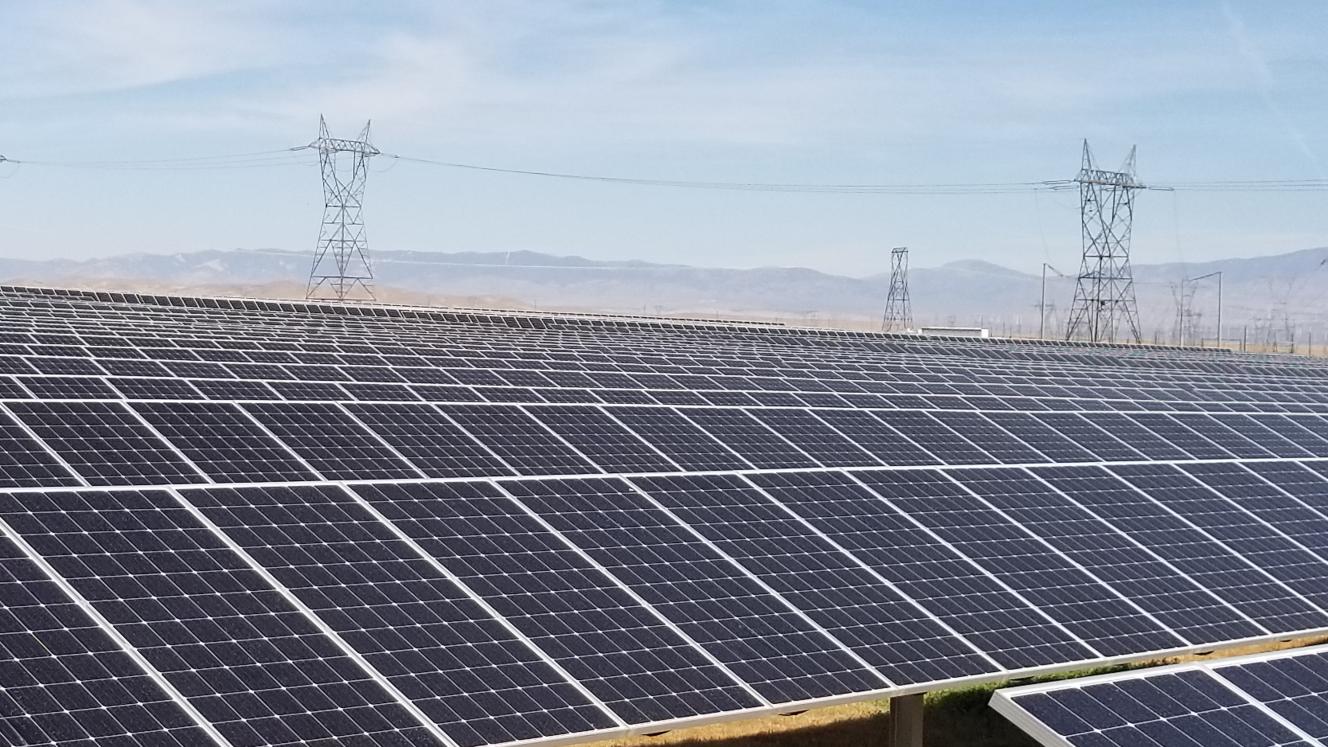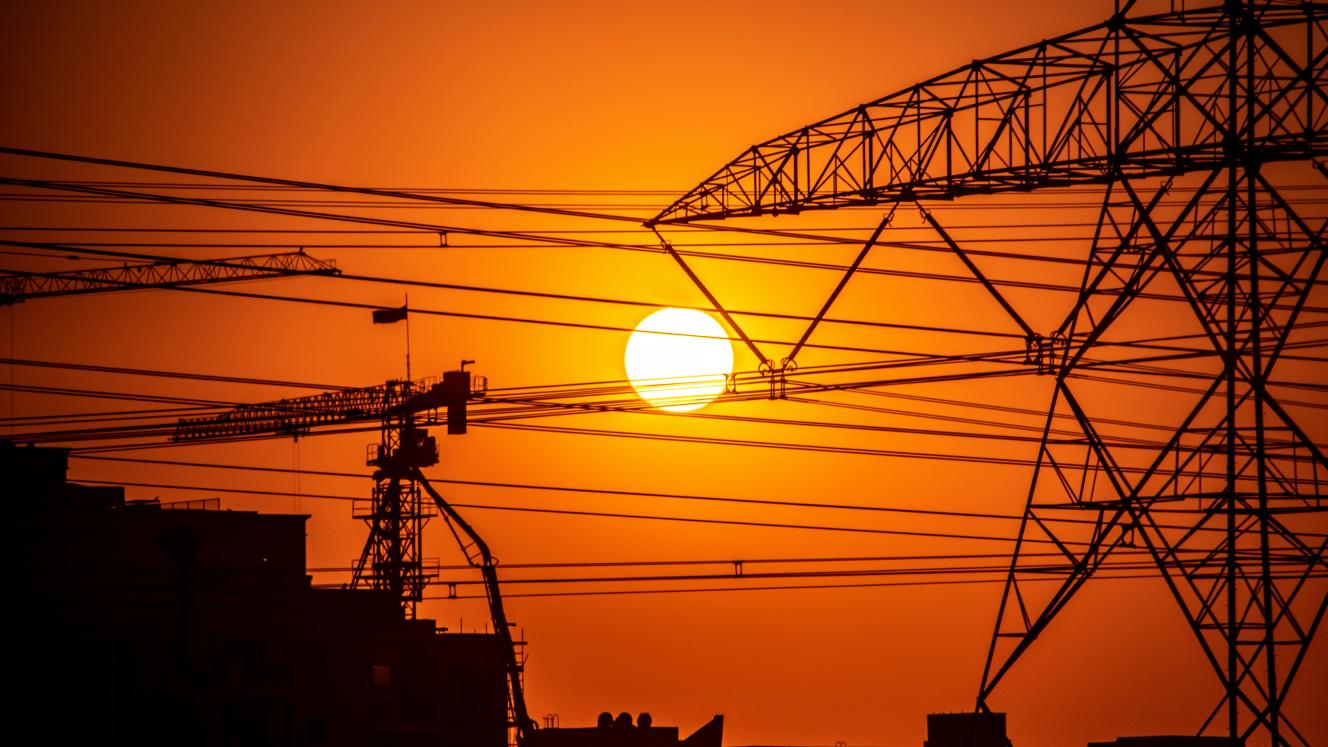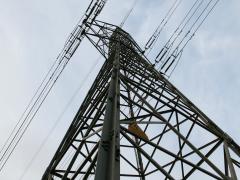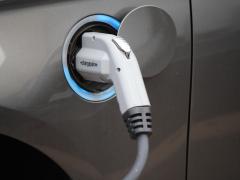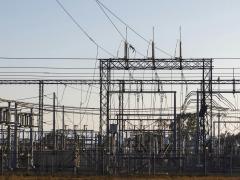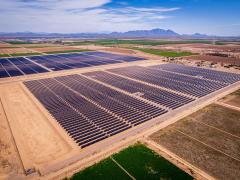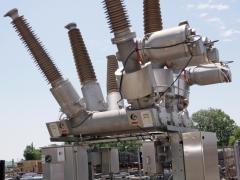Cape Town Mayor Geordin Hill-Lewis has announced that the city will design, build, and operate a R1,2-billion solar PV plant with battery storage capable of providing up to a full stage of load-shedding protection. This is one of two projects awarded support from the C40 Cities Finance Facility (CFF), which offers cities technical and financial assistance in support of a green and just transition.
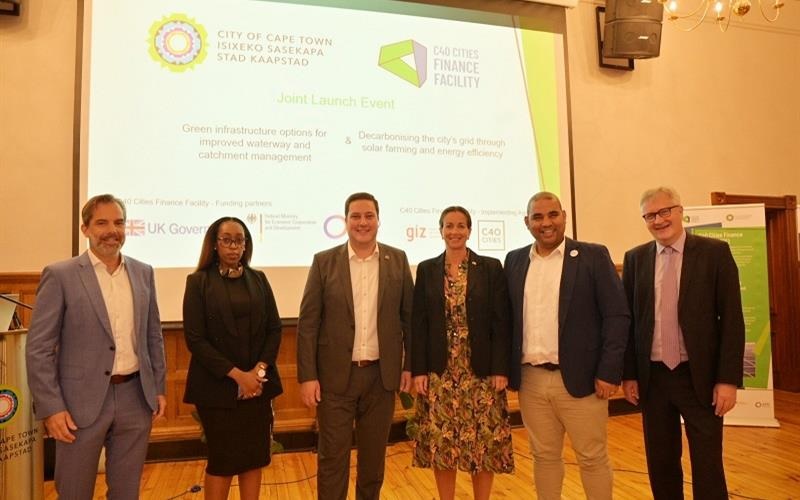
The CFF initiative is funded by the German Federal Ministry for Economic Cooperation and Development, the Government of the United Kingdom and the Agence Française de Development (AFD) and is implemented by Deutsche Gesellschaft für Internationale Zusammenarbeit (GIZ) GmbH together with the C40 Cities Climate Leadership Group.
“It gives me great pleasure to announce that the city's Paardevlei ground-mounted solar PV and battery storage project just outside Somerset West will yield up to 60 MW of renewable energy – enough to protect against one full stage of Eskom's load-shedding. The C40 CFF will support the project team in their efforts to undertake a technical feasibility study. This project is another critical step in our journey away from Eskom reliance and towards a load-shedding-free Cape Town. We are confident that Cape Town will be the first metro to free our economy from power disruptions, and ensure a green and just energy transition,” said Mayor Geordin Hill-Lewis.
The feasibility study for the Paardevlei plant will be completed by the end of 2023, with full commissioning of the plant estimated by August 2026. The plant is envisaged for the portion of Paardevlei that is not developable for human settlements purposes.
Thomas Schaef, the country director for GIZ South Africa, Lesotho, and eSwatini said, “The cooperation agreement between City of Cape Town and the C40 Cities Climate Facility shows the importance of international cooperation to generate actions that benefit the population. The energy and climate projects supported by C40 CFF will not only improve energy security and living conditions but will also contribute to the South African government's commitment to becoming carbon-neutral and resilient.
“Through the CFF program, implemented by the Deutsche Gesellschaft für Internationale Zusammenarbeit (GIZ) GmbH and C40 Cities Climate Leadership Group, the capacity of cities to access financing for climate change projects is strengthened.”
Mayor Hill-Lewis recently tabled the city's Building Hope Budget for 2023/24, with an R2,3-billion ‘end load-shedding’ plan over three years inclusive of funding towards the Paardevlei solar PV plant.
On 6 April, the city issued its largest power tender yet seeking to buy 500 MW of dispatchable energy on the open market. This is the final phase of a three-phase procurement to protect residents from the first four stages of Eskom's load-shedding within three years.
Contracts for a 200 MW renewable energy procurement from independent power producers will be awarded within 2023. The ‘Power Heroes’ programme tender is expected to be awarded within the next few weeks, which will entail incentivised voluntary energy savings via automated remote switching off of power-intensive devices at peak times.
Cape Town is the first city in the country to offer households and businesses cash for power from their solar PV systems, with the feed-in tariff set to increase by 10,15% for 2023/24, plus a 25c per kWh incentive.
